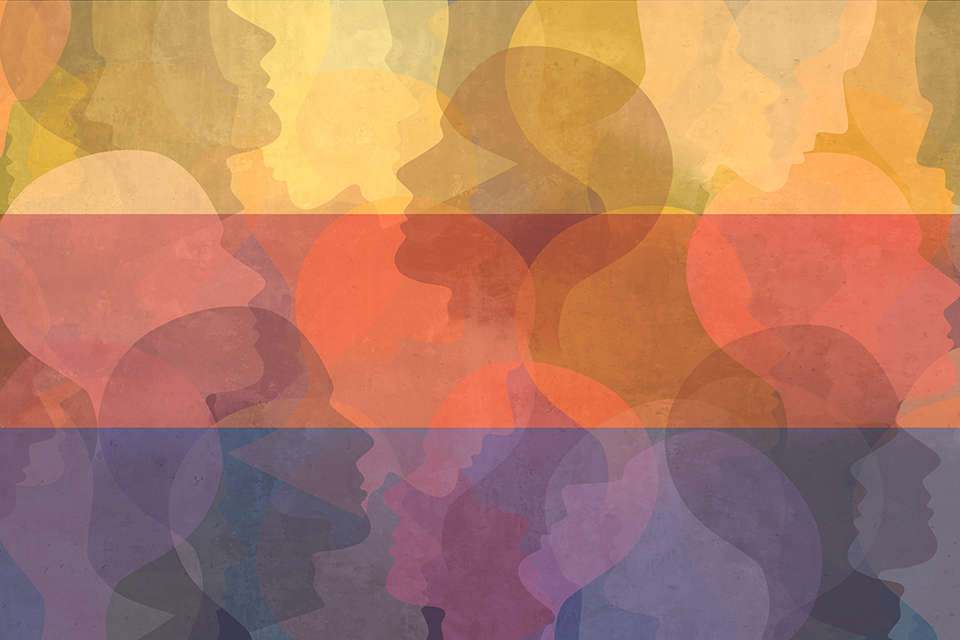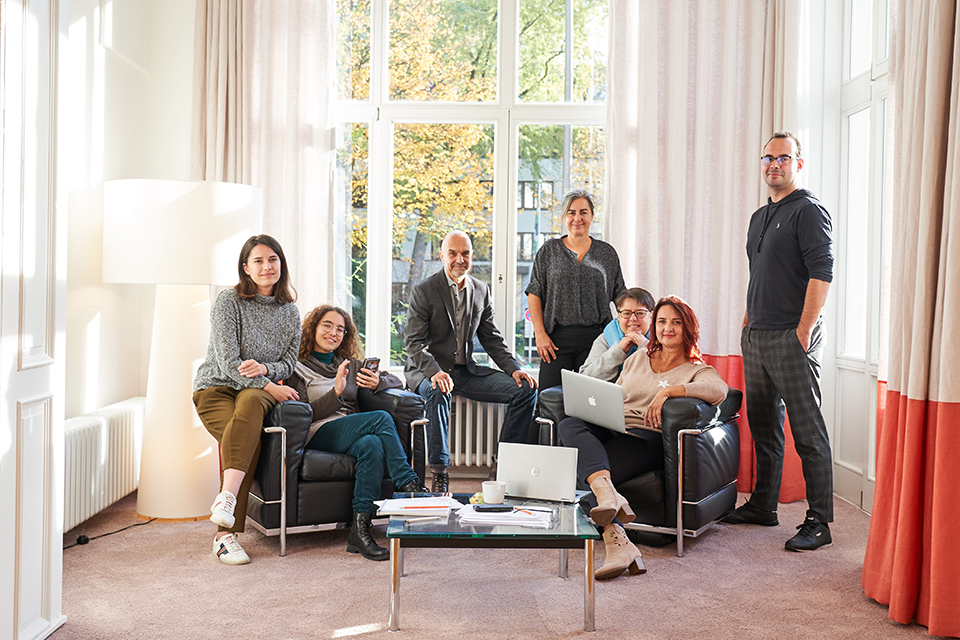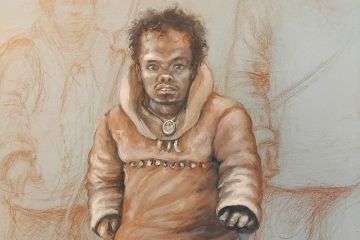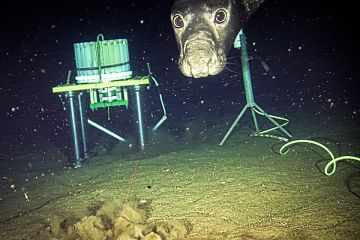UVic researchers examine memory politics
- Beate Schmidtke

Memory politics: How can a society best reconcile a controversial history?
Traumas of the past don’t stay in the past, nor are they confined to one country or continent. That can be said of the Second World War histories of countries such as Germany and Poland just as it can about the colonial past of places such as Canada.
Those lessons are emerging in the latest research project by Oliver Schmidtke, director of UVic’s Centre for Global Studies (CFGS) and an expert in European politics who’s taken a lead role for nearly two decades in promoting European studies in Canada, and Beate Schmidtke, project manager and communications lead for the Europe Canada Network (EUCAnet) since 2004. Together with many partners from Europe and Canada, they developed this transatlantic project as part of EUCAnet and the Jean Monnet Network at UVic.
Co-funded by the European Union, their transatlantic initiative—titled European Memory Politics: Populism, Nationalism and the Challenges to a European Memory Culture—is the latest EUCAnet examination of the state of democracy across Europe and its parallels closer to home.
And the focus of the EUCAnet/Jean Monnet Network project could not have been more current as the discoveries in 2021 of thousands of unmarked graves at former Indian Residential Schools throughout Canada pushed into the spotlight the issue of how the country should address past injustices, prompting many to ask: how can a society best reconcile a controversial history? How does the debate on historical injustices intersect with modern political and social realities?
How mature and stable a democracy is can be measured in large parts by its ability to confront past injustices openly and sincerely. While Canada is facing the legacy of colonialism and its treatment of Indigenous Peoples, populists and national forces in Europe are mobilizing history to advance their political aspirations.
—Oliver Schmidtke, director of the CFGS and project lead for the transatlantic initiative
Ongoing legacies of colonialism, racism and xenophobia
In Germany where Oliver Schmidtke was born and raised, post-1945 democracy is inextricably linked to the Holocaust and other atrocities committed by the Nazis during the Second World War, he says; but the country has experienced a rise in recent years of populist right-wing politicians who downplay their significance as a blip in “1,000 years of successful German history.”
And in Poland, where Beate Schmidtke grew up, despite and because of the extreme hardship experienced during the Second World War, a law was introduced in 2018, then passed in part, making it a criminal offence to accuse the Polish nation of taking part in the Holocaust.
Witnessing in the past years how Canadians are now struggling with their country’s colonial past and mistreatment of Indigenous Peoples—and the ongoing legacy of such actions today—the project team secured additional funds from the Konrad Adenauer Foundation Ottawa and decided also to include the Canadian context.

In learning about history and how nations and citizens commemorate the past, the international team argues, there is an opportunity to reflect on the long-term effects of the past and of the constantly evolving political use—and manipulation—of collective memory.
Working with younger generations
The project involves a “scholarly community across the Atlantic in which senior scholars work closely with young career researchers, graduate students as well as undergraduate students and interns,” says Beate Schmidtke. Study partners include researchers at Adam Mickiewicz University in Poland, Eötvös Loránd University in Hungary and Strasbourg University in France. In addition, at UVic faculty, PhD students, graduate and undergraduate students are involved in many activities.
Among the online tools they used was a six-part webinar series, focused on creating a sense of the complex ways in which collective memory, national identity and contemporary politics are intertwined.
As well, Zoom meetings allowed the young scholars and interns to carve out initiatives for high schools, including a video production and online publishing.
And they’re developing educational materials such as a flipbook for high school classes.
Find out more
- EUCAnet is a scholarly platform that facilitates knowledge sharing and allows experts to offer a transatlantic perspective on contemporary issues in Europe and Canada.
- The activities of UVic’s Centre for Global Studies in Victoria, Canada and abroad are designed to promote critical citizenship in a complex and rapidly changing global environment.
- Read more about UVic’s global commitment to move forward in this new era of complex geopolitics and renewed international collaborations.
Photos
In this story
Keywords: international, history, Indigenous, colonialism, politics, human rights, education, partnerships, reconciliation, research, war
People: Oliver Schmidtke, Beate Schmidtke





